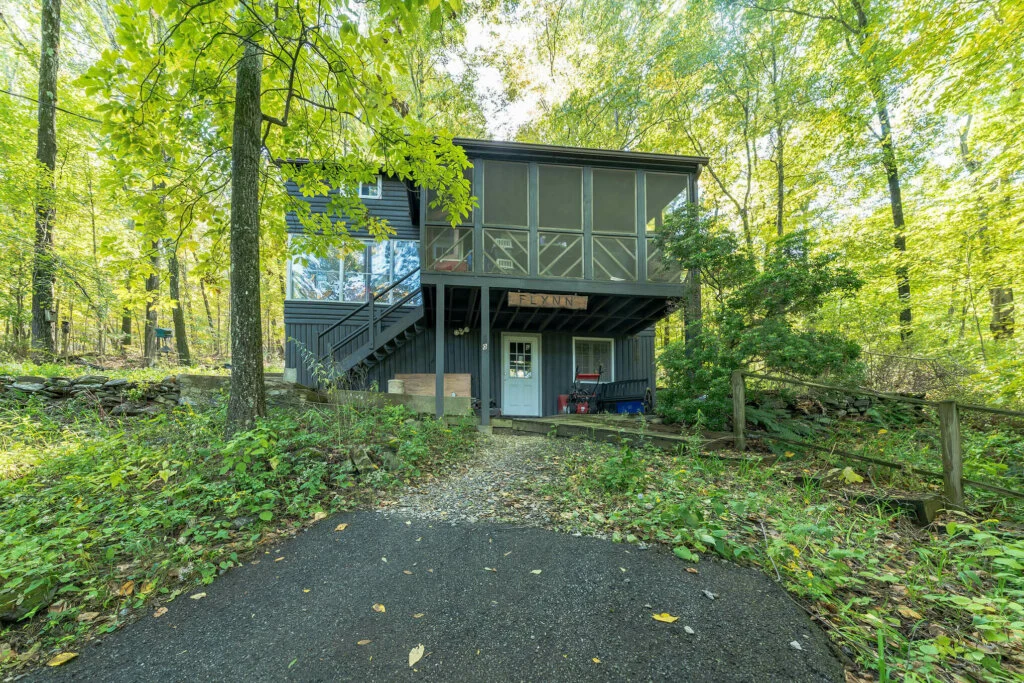Distressed assets are properties that are undervalued due to one or more factors, such as mismanagement, poor physical condition, environmental concerns, poor pricing, or poor market conditions. These properties can be a good opportunity for investors to make a profit, but they also come with a higher degree of risk.
Types of Distressed Real Estate Assets
There are many different types of distressed real estate assets, including:
- Foreclosed homes: These are homes that have been taken back by the lender after the borrower defaulted on their mortgage.
- Short sales: These are homes that are sold for less than the amount owed on the mortgage.
- REO properties: These are real estate-owned properties that have been foreclosed on and are now owned by the lender.
- Fix-and-flip properties: These are properties that need repairs and renovations before they can be sold.
- Distressed commercial properties: These are commercial properties that are struggling financially, such as office buildings, retail centers, and apartment complexes.
How to Find Distressed Real Estate Assets
There are several ways to find distressed real estate assets, including:
- Working with a real estate agent: A real estate agent can help you find distressed properties in your area.
- Browsing foreclosure listings: You can find foreclosure listings on websites such as Zillow, Trulia, and Realtor.com.
- Checking with local banks and lenders: Banks and lenders often have lists of distressed properties that they are trying to sell.
- Attending real estate auctions: Real estate auctions are a good place to find distressed properties that are being sold for below market value.
How to Make Profit from Distressed Real Estate Assets
There are a few different ways to make a profit from distressed real estate assets:
- Fix-and-flip: You can buy a distressed property, fix it up, and then sell it for a profit.
- Rental property: You can buy a distressed property and rent it out to tenants.
- Commercial development: If you have the expertise and resources, you can develop a distressed commercial property into a more profitable venture.
Risks of Investing in Distressed Real Estate Assets
Investing in distressed real estate assets comes with several risks, including:
- Overpaying for the property: It is important to carefully evaluate the property before you buy it to make sure that you are not overpaying.
- Unexpected repairs: Distressed properties often need more repairs than you expect. This can increase your costs and reduce your profits.
- Difficulty finding tenants: It can be difficult to find tenants for distressed properties, especially if they are in a bad location or need a lot of repairs.
- Market downturns: If the real estate market takes a downturn, you may have difficulty selling your property or finding tenants.
How to Mitigate the Risks of Investing in Distressed Real Estate Assets
There are a number of things you can do to mitigate the risks of investing in distressed real estate assets:
- Do your research: Before you buy a distressed property, carefully evaluate the property and the surrounding area. This will help you to identify any potential problems and to make sure that you are not overpaying for the property.
- Get a professional inspection: It is important to get a professional inspection of the property before you buy it. This will help you to identify any potential repairs that need to be made.
- Get pre-approved for a mortgage: This will show sellers that you are a serious buyer and that you are qualified to finance the purchase.
- Work with a real estate agent: A real estate agent can help you to find the right distressed property and to negotiate a good deal.
Tips for Success
Here are a few tips for success when investing in distressed real estate assets:
- Start small: If you are new to investing in distressed real estate, it is best to start small. This will help you to minimize your risk and to learn the ropes.
- Focus on one market: It is best to focus on one real estate market when you are first starting out. This will help you to become an expert on the market and to identify the best deals.
- Be patient: It takes time to find the right distressed property and to negotiate a good deal. Don’t rush into anything.
Investing in distressed real estate assets can be a great way to make a profit, but it is important to understand the risks involved. By following the tips above, you can minimize your risk and increase your chances of success. To explore your options and receive expert guidance, feel free to reach out to The Temple Team at 704-235-3000 or email us at [email protected]. We offer a complimentary consultation to assist you, whether you’re ready to begin or simply considering your choices.





